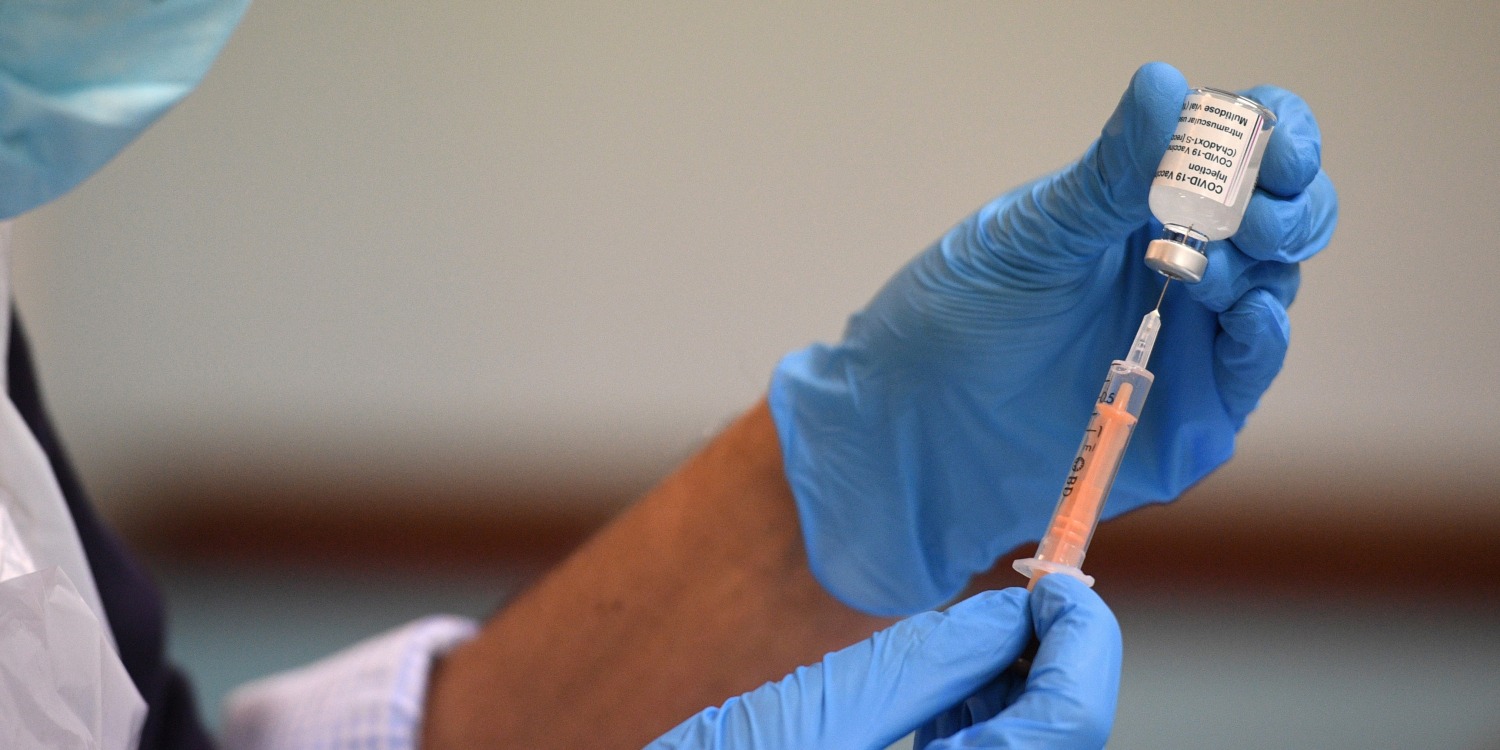Nathalie Coutinet is a health economist and author with Philippe Abecassis of the book "Economics of drugs."
Invited from Europe 1 on Saturday, she explains that the "compulsory license", a device of the World Trade Organization, would give any manufacturer the possibility to produce a vaccine against Covid-19.
INTERVIEW
Europe currently has a lower vaccination record than that of the United Kingdom, and many voices are raised to denounce the delays in deliveries of doses.
Some do not hesitate to speak of a shortage, while in France the government wants to be confident and ensures that all adults who wish will be vaccinated against Covid by the end of summer 2021. Soon, four companies based on French soil will be able to produce vaccines.
But to hear economist Nathalie Coutinet, it would be possible to go faster.
How? 'Or' What ?
Author of the book
Economics of Medicines
, explains that with "a compulsory license, France or Europe could have the possibility of producing a vaccine and thus of reducing the problem of shortage which, today, is really the number one problem."
>> READ ALSO -
Covid: vaccination, a high-risk political bet for Emmanuel Macron
"This mechanism is provided for and firms must avoid it"
The "compulsory license" device is a mechanism of the World Trade Organization, recalls Nathalie Coutinet.
"It allows a country, for public health reasons, to request authorization from a pharmaceutical laboratory which holds a patent on a drug or a vaccine, to produce or have produced this vaccine without the authorization of the company" , she explains.
Because today, when a company holds the patent for a drug or a vaccine, it is the only one able to produce them.
>> Find all of Frédéric Taddeï's programs in podcast and replay here
Several countries, such as India and South Africa, therefore advocate a waiver of intellectual property rights.
But we still have to force the firms to assign their patents.
On paper, it is possible: the compulsory license procedure exists in the national law of many countries - including France - and internationally in the Adpic agreements.
"This mechanism is planned and firms must avoid it," sums up Nathalie Coutinet.
But in reality ... that's another matter.
"In general, we must admit that they do not like doing it very much," admits the economist.
"Large pharmaceutical companies constitute extremely powerful political lobbies"
Especially that at the table of the WTO, "the request of the countries of the South and of many scientists was refused by the rich countries", underlines Nathalie Coutinet.
"So I think the governments don't want to mobilize too much this device because the pharmaceutical companies do not like it and because in all the rich countries, there are big pharmaceutical companies which constitute extremely powerful political lobbies. probably one of the brakes. "
CORONAVIRUS ESSENTIALS
> The English variant would cause slightly different symptoms
> Not recommended for people over 65, who will be injected with the AstraZeneca vaccine?
> Audio, webcams ... When technology adapts to teleworking
> Containment is good for the planet
> How will the vaccination passport work in Denmark?
"Today, only Pfizer, Moderna and AstraZeneca can outsource"
Without this option of a compulsory license, it would be necessary to increase production capacities, and therefore to build new sites or subcontract.
"Only Pfizer, Moderna and AstraZeneca can today either subcontract or build production sites", explains Nathalie Coutinet.
"They are inclined to do it, but it takes a long time; unfortunately", she laments
"Messenger RNA is also a special technique, not everyone can produce it," concludes the economist, who hopes that the AstraZeneca vaccine, which is more traditional, "is produced in greater numbers."

